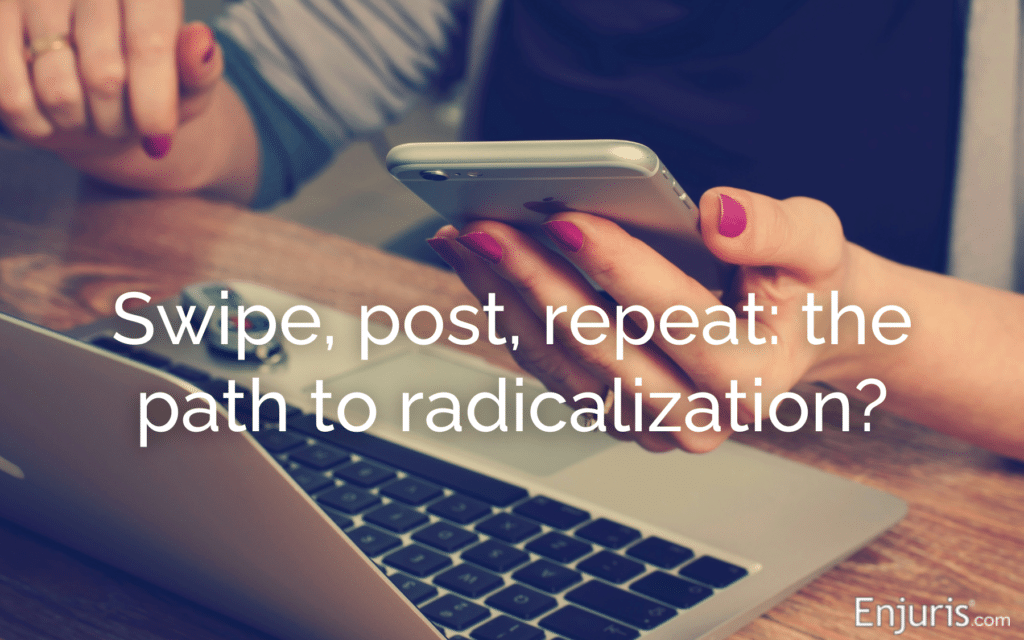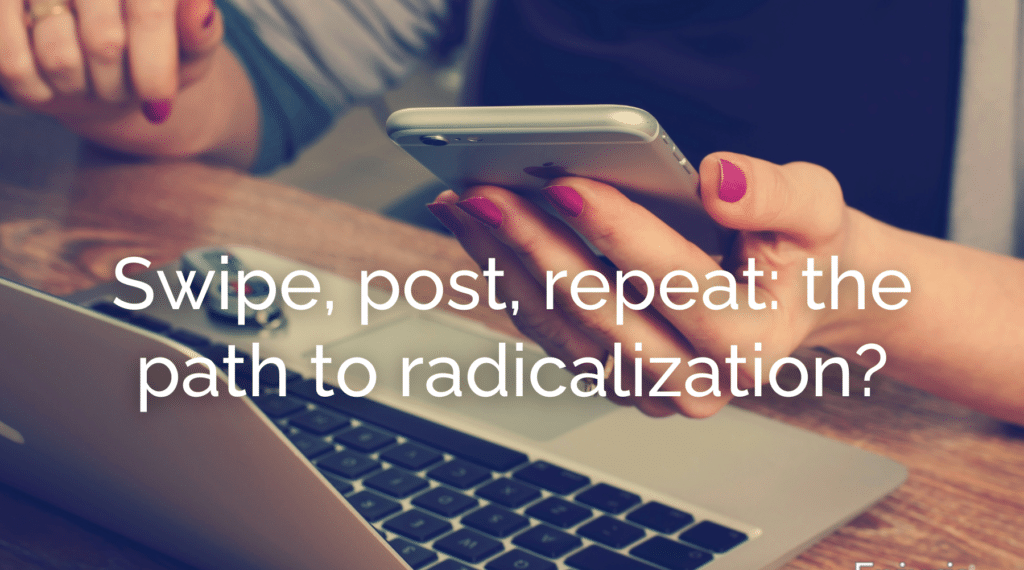[ad_1]

The average person spends 147 minutes on social media every day. Unfortunately, a growing body of research has found that social media platforms have a detrimental effect on users’ mental health. According to research published in the International Journal of Information Management and other places, social media usage dramatically increases anxiety, loneliness, social isolation, and depression in users.
But are social media platforms responsible for enabling the actions of the self-proclaimed white supremacist responsible for the tragic deaths of ten Black individuals in a Buffalo, New York grocery store in 2022?
A recent judicial decision opens the door to answering this question.
The Buffalo shooting
On May 14, 2022, Payton Gendron, then 18, walked into the Tops Friendly Market in Buffalo, New York, heavily armed and equipped with body armor and a head-mounted camera.
Gendron shot four individuals, three of whom died, before moving inside the store to continue his rampage, ultimately killing six more individuals.
The attack, which Gendron livestreamed on Twitch, was a racially motivated hate crime, according to Erie County Sheriff John Garcia.
Investigators discovered thousands of chat logs on Discord detailing his preparations for the attack. These logs shed light on Gendron’s meticulous planning, including sketches of the supermarket’s layout and visits to scout the location, but also revealed his social isolation and regret over his online-dominated life.
Gendron expressed remorse over his excessive time spent online and contemplated a different path if given the chance. The diary also contained disturbing content, including descriptions of animal cruelty and suicidal thoughts.
Shortly before the attack, Gendron invited a select group of Discord users to the chatroom, though there’s no indication they were aware of his plans beforehand. Chat logs also showed Gendron seeking advice on weapons and equipment in another chatroom dedicated to discussing firearms.
On March 18, 2024, Judge Paula Feroleto of the Erie County Supreme Court ruled that several social media companies would have to face lawsuits seeking to hold them responsible for helping enable Gendron.
The lawsuits, which involve more than 40 plaintiffs, seek to prove that Facebook, Instagram, Reddit, YouTube and other platforms are designed to addict and radicalize users like Payton Gendron.
In an effort to have the lawsuits dismissed, the defendants argued that they merely hosted third-party content and were not liable under Section 230 of the Communications Decency Act or the U.S. Constitution’s First Amendment.
However, Judge Feroleto ultimately ruled that the plaintiffs could try to prove that the defendants owed them a duty because their platforms were defective.
“We must hold accountable every single bad actor that prepared and equipped the shooter to target and kill members of Buffalo’s Black community,” said Eric Tirschwell, executive director of the gun control advocacy group Everytown Law, which filed two of the lawsuits.
Social media is addictive because it triggers the brain’s reward system to release dopamine, just like heroin, methamphetamines, or alcohol. When a user receives a notification, the brain receives a flood of dopamine and sends it along reward pathways, which causes the user to feel pleasure.
This pleasurable feeling is short-lived, causing users to seek additional rewards by checking or posting on social media. To make matters worse, the brain is rewired to adapt to the unnaturally high levels of dopamine social media releases, which is why you often feel down after you stop using social media.
At its extreme, users engage with social media to provide the continuous rewards they’re not receiving in real life until they’re engaging with social media more than they’re engaging with real life.
Another factor of social media addiction is the fact that the reward centers of the brain are most active when people are talking about themselves. Offline, it’s estimated that people talk about themselves 35 percent of the time. Online, however, people talk about themselves 80% percent of the time.
“There are only two industries that call their customers “users,” explains Edward Tufte, a professor emeritus of statistics and computer science at Yale University, “illegal drugs and software.”
What is Section 230 of the Communications Decency Act?
Section 230, a key component of the Communications Decency Act, serves as a foundational law safeguarding freedom of expression in the United States.
The law makes it clear that online service providers and users cannot legally be considered the creators or endorsers of content posted by others. This distinction is imperative for fostering a digital environment where users can freely share ideas, opinions, and information without the platforms they use being held liable for the content.
The principle behind Section 230 is that while individuals should be accountable for their own online actions and statements, they generally shouldn’t be responsible for what others say or do. This legal framework has been pivotal in promoting user-generated content on the internet, as it protects services from most civil lawsuits arising from third-party content.
While Section 230 shields these services from certain legal challenges, it doesn’t offer absolute immunity. It does not protect companies engaged in federal criminal violations, creation of illegal or harmful content, or infringement of intellectual property rights.
As the legal proceedings unfold in New York, the implications extend far beyond the courtroom. This case could set a precedent for how social media platforms are regulated and held liable for the content they disseminate.
[ad_2]



